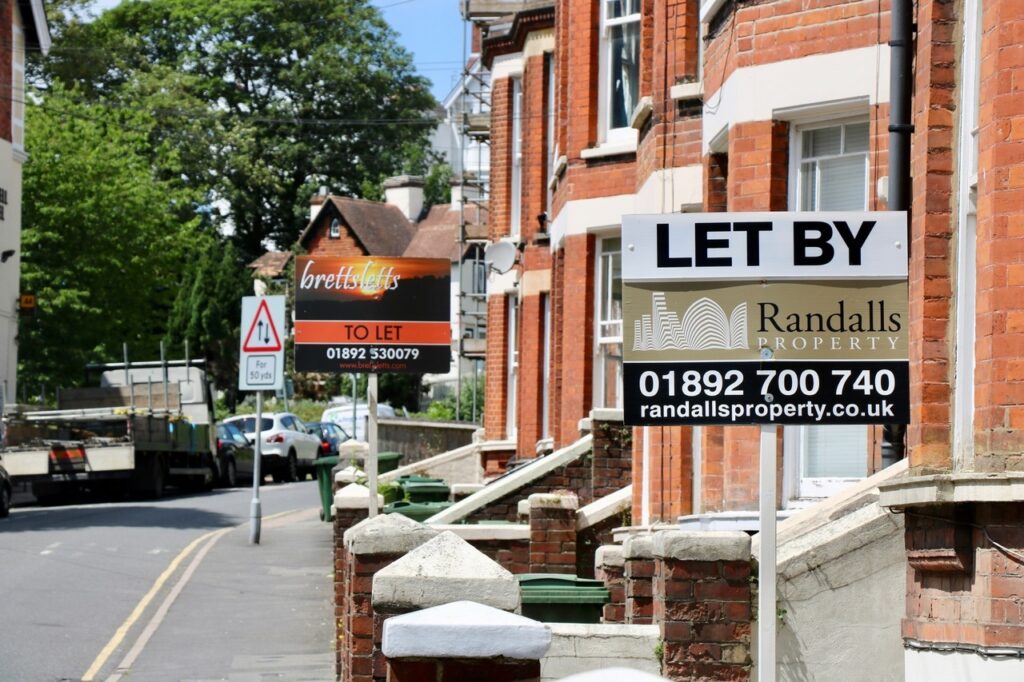The UK rental market is undergoing a period of significant transformation, driven by a combination of rising rents, property shortages, and new legislation targeting landlords. With rents predicted to rise by nearly 18% by 2029, property owners and managers are increasingly looking for innovative solutions to navigate these challenges and remain competitive.
The Internet of Things (IoT) has emerged as a key enabler for landlords, providing tools to improve efficiency, reduce operational costs, and meet growing demands for sustainability and safety. By incorporating smart devices and connected systems, landlords are better equipped to enhance the tenant experience, while also improving profitability.
Recent reports show that IoT is already having a considerable impact on property management in the UK. Over 1,600 social housing providers have adopted IoT solutions to monitor and address issues such as damp and mould, safeguarding tenants’ health while reducing repair costs. The technology is also helping landlords in other areas, such as energy management and predictive maintenance.
Smart energy management is one of the most notable applications of IoT technology in the rental market. By using connected thermostats and lighting systems, which adapt to tenant behaviour, energy bills and carbon footprints can be significantly reduced. According to the UK Green Building Council, IoT-driven systems have the potential to lower utility bills by up to 25%. In addition, predictive maintenance sensors are helping landlords detect issues such as leaks or electrical faults before they escalate. A study by Deloitte revealed that predictive maintenance can reduce maintenance costs by 30% and decrease unexpected equipment failures by up to 70%.
Advanced IoT-enabled security systems are also reshaping the way tenants and landlords approach safety. Using access control systems powered by facial recognition or mobile apps, landlords can provide enhanced security while streamlining entry management.
A particularly innovative aspect of IoT technology is the use of Digital Twins—virtual replicas of properties that allow for real-time monitoring and predictive analytics. With this technology, landlords can simulate renovations, energy optimisations, and other modifications to properties, minimising both risk and costs. By pairing IoT with digital twin technology, landlords can gain deeper insights into their properties’ performance and make more informed decisions.
The key to unlocking the full potential of IoT in property management lies in bespoke software. Custom-built platforms allow for seamless integration of various IoT systems, offering landlords centralised control and valuable data insights. Predictive maintenance systems, for example, can alert property managers to potential issues before they turn into costly repairs. Additionally, custom apps enable tenants to easily manage smart home features, improving their overall experience.
As IoT technologies continue to evolve, bespoke software remains crucial to their success. David Ritchie, founder of Propel Tech, which works with leading property firms like Allsop and Your Move, believes that the future of IoT in the UK rental market will bring even more innovation. “With advancements like AI-powered automation, blockchain security, and smart devices, IoT will continue to redefine industry standards,” he said.
With these ongoing developments, IoT technology is set to play an increasingly central role in shaping the future of the UK rental market, benefiting both tenants and landlords alike.


